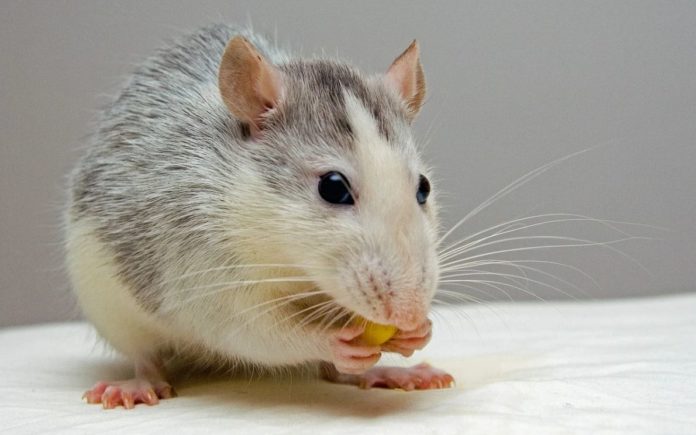Tight confinement measures in London have caused an increase in rat activity in the city, reveals the British Pest Control Association – BPCA.
The institution, which represents 700 fumigators in the country, says its members reported a 51% increase in rodent activity during the city’s first lockdown in the first half of 2020. In the city’s second lockdown, in November, there was an even bigger increase of 78%.
- Scientists in Fear of This New Predator From Red Sea Eating Native Species in Mediterranean
- Does This Mean We Stopped Being Animal and Started Being Human Due to ‘Copy Paste’ Errors?
- The One Lifestyle Choice That Could Reduce Your Heart Disease Risk By More Than 22%
- Aging: This Is What Happens Inside Your Body Right After Exercise
- Immune-Boosting Drink that Mimics Fasting to Reduce Fat – Scientists ‘Were Surprised’ By New Findings
BPCA has not yet calculated the figures for this year but reported to CNN that rat sightings in the city increased, presenting a public health problem that many Londoners have to deal with on their own, as the city does not has a general rat control plan.
According to pest controllers consulted by the media, since many restaurants and office buildings in the center of the British capital remain empty while the population confines itself to their homes to prevent the spread of the coronavirus, rats are forced to migrate to areas more residential looking for food.
By spending more time in their homes, families eat all their meals there and produce more garbage, something that is attracting rats to suburban homes.
“I fear London may get a big surprise when it reopens. Especially if businesses and properties that did have a problem haven’t kept up with their pest control plans,” said Paul Claydon, Fumigator of pests in the city.
The professional shared that he normally receives around 10 calls regarding the extermination of rats a week, but during confinement, there have been “easily 20 plus”.
It is not known for sure how many rats exist in London, although some private surveys affirm that they could reach 20 million. It is quite likely, however, that there are more of these rodents than the nine million humans that inhabit the city, CNN stressed.
While population growth is slowing, the number of rodents only tends to go up, as rats can multiply rapidly. A single pair of rats can lead to the birth of around 1,250 new animals in a year, according to the pest control company Rentokil.
